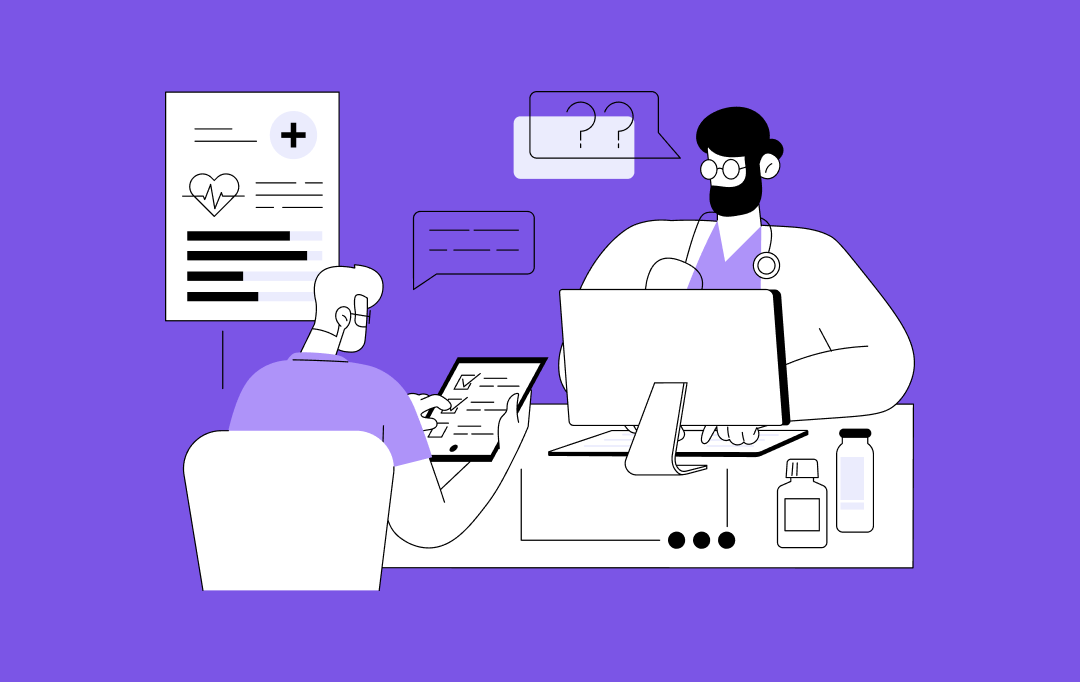- AI Medical Transcription Software Development Cost
- Factors Affecting AI Medical Transcription Software Development Cost
- App Complexity and Feature Set
- Integration of Third-Party APIs
- Platform Compatibility
- Developer Location
- Maintenance and Updates
- Data Security and Compliance Costs
- How to Develop AI-Based Medical Transcription Software
- Planning and Research
- Hiring the Right Talent
- Developing and Training the Solution
- Adhering to Healthcare Compliance
- Testing and Deploying
- Post-Launch Support and Updates
- Game-Changing Benefits of AI Medical Transcription Software Development
- Accuracy at Scale
- Time-saving
- Accessibility
- Cost-effectiveness
- Compliance
- Better Patient Care
- Let Appinventiv Help You Leverage AI for Medical Transcription
- FAQs
Developing accurate and efficient medical transcriptions manually has always been a painstaking process, fraught with many challenges. Manual transcription often leads to errors, misinterpretations, delayed patient care, and the high costs associated with hiring skilled professionals. As the volume of medical data grows, the pressure to maintain accuracy without compromising efficiency intensifies.
It’s time to flip the game plan for tackling these transcription headaches with a tech wake-up call: AI Medical Transcription Software Development. AI in medical transcription has dramatically transformed the nerve-wracking process of converting physician-patient audio recordings into precise written records.
This tech-advanced software could automate this mundane process, minimize errors, and save valuable time. Sounds interesting? AI-driven medical transcription software just does that.
Want to know more about how AI medical documentation works? Well, you have landed at the right place. This blog will shed light on this remarkable advancement and uncover AI’s immense potential in revolutionizing medical transcription, reshaping the future of healthcare record-keeping.
But first, let’s know what is AI medical transcription software development costs and how to develop AI-based medical transcription software.
AI Medical Transcription Software Development Cost
When planning to build AI-based medical transcription software, the first question in every conscious mind is, “What is AI medical transcription software development cost?” Let’s be real: While cost calculation is the most crucial consideration, there’s no magic number or cookie-cutter formula here. On average, AI medical transcription software development costs range between $30,000 to $300,000.
Factors Affecting AI Medical Transcription Software Development Cost
However, the cost estimation given above is just a rough estimate; the actual cost can increase or decrease depending on your unique project requirements and several other factors. Some of the most considerable factors influencing the AI medical transcription software development cost are:
App Complexity and Feature Set
The complexity of the software and the range of features used in AI medical transcription play a significant role in determining the cost. More advanced functionalities mean more development costs.
Integration of Third-Party APIs
The use of third-party APIs for features like cloud storage, security enhancements, or AI-driven analytics can significantly affect the AI medical transcription software development costs.
Platform Compatibility
Platform compatibility directly impacts development costs. Whether the app will run on Android, iOS, or both (cross-platform), make sure to know the platform for which you want to build AI-based medical transcription software.
Developer Location
The geographic location of your healthcare software development company can greatly influence costs. Developers in regions like the US or UK charge premium rates, whereas those in countries like India offer more cost-effective options.
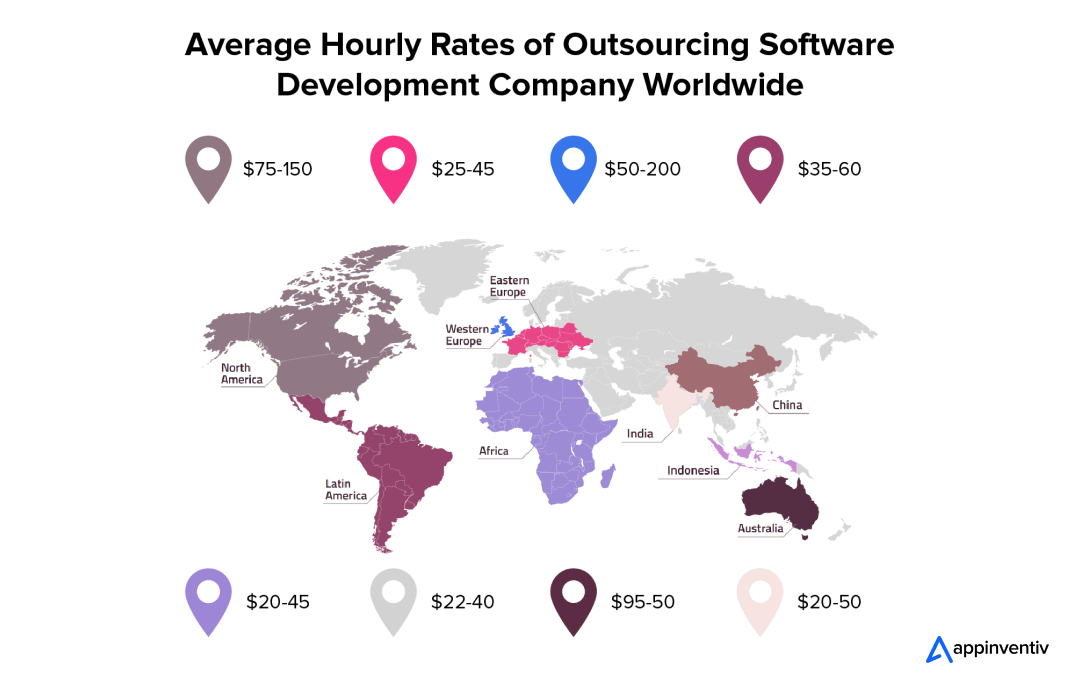
Maintenance and Updates
When calculating AI medical transcription software development cost, you should also evaluate ongoing costs for maintaining the app, fixing bugs, updating features, and operating system updates.
Data Security and Compliance Costs
Since healthcare data is highly sensitive, ensuring the app complies with industry regulations like HIPAA or GDPR is essential. This adds to the complexity and AI medical transcription software development cost
Here is a breakdown of the AI medical transcription software development cost and timeline based on the project’s complexity and feature sets:
| Healthcare Transcription Type | Estimated Development Cost | Time Frame |
|---|---|---|
| Simple medical transcription app with basic features | $30,000 to $70,000 | 3 to 6 months |
| Medium complex medical transcription app with moderate features | $70,000 to $100,000 | 6 to 9 months |
| Highly complex medical transcription app with advanced features | $100,000 to $300,000 | 9 months to 1 year or more |
How to Develop AI-Based Medical Transcription Software
Developing AI-based medical transcription software is not like a walk in the park. It is quite a complex and challenging process that requires the expertise of a skilled development team and a strategic approach to ensure accuracy, scalability, and compliance with healthcare regulations. Here is a breakdown of the essential steps to develop medical transcription AI software.
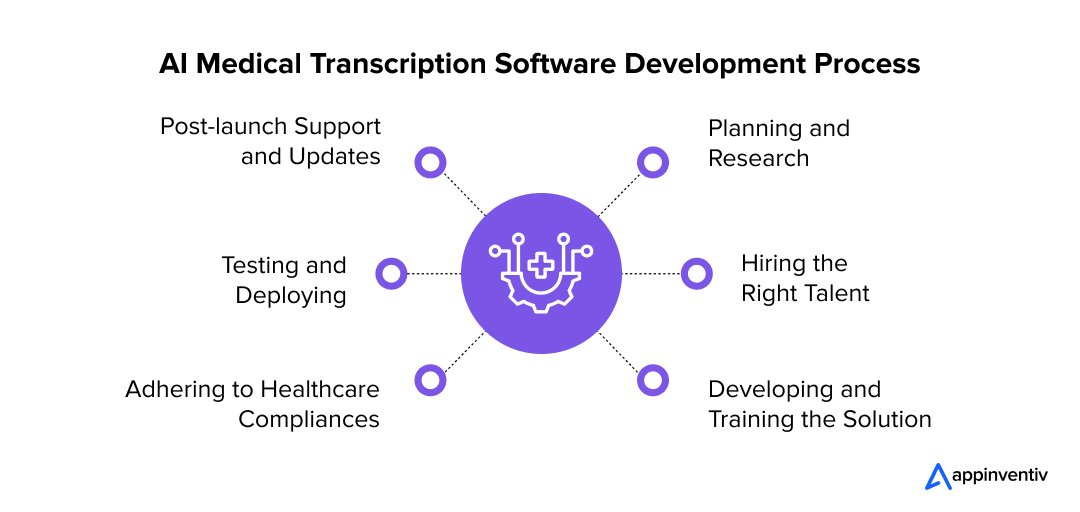
Planning and Research
Planning is the first step in the development process when considering to build AI-based medical transcription software. At this stage, you need to set your priorities right — what problems are you trying to address? Are there gaps in existing transcription solutions? Who are your competitors? How will your medical transcription AI be different from its counterparts? What functionalities do you want your healthcare transcription to serve?
Conduct in-depth market research to grasp the pain points and opportunities. Once you have gathered enough intel, you can map out a strategic plan and move to the next phase of development.
Hiring the Right Talent
Since you have nailed down the wireframe for your AI medical transcription, it’s time to bring the pros to the floor. You wouldn’t hire a chef to pilot a plane, right? The same logic applies to medical transcribing software development. This is the stage to outsource an award-winning software development company with proven expertise in Artificial Intelligence, Machine Learning, NLP, Computer Vision, and healthcare software development. Hiring the right talent means setting your project up for success from day one.
Developing and Training the Solution
This is the stage where your vision takes shape. Building AI medical documentation software means training your model on massive datasets. Start by collecting and preparing audio recordings from various medical scenarios (with proper consent, of course).
The AI needs to learn medical terminologies, understand accents, and even pick up on nuances in speech patterns. Remember, your model is like a student; it will need many examples and revisions to get things right.
If full-scale development feels unaffordable, you can start with a Minimum Viable Product (MVP). This allows you to test the waters and, if successful, move forward confidently with full-fledged development.
Adhering to Healthcare Compliance
Ensuring compliance with healthcare regulations is not just a box to tick; it is the backbone of your artificial intelligence transcription software. Handling sensitive patient data requires stringent security measures and adherence to essential compliances like HIPAA in the US and GDPR in the UK. A minor slip-up could lead to hefty fines and irreparable damage to your reputation.
Complying with industry regulations and security measures in healthcare transcription development is not just about protecting data; it is also about earning trust.
Thus, you must adhere to regulatory compliances at every AI medical transcription development phase. From how your AI processes and stores data to how it handles user permissions, every aspect should align with regulatory standards.
Testing and Deploying
Now that your AI medical transcription is developed, it is time to test it against different aspects of reliability, flexibility, functionality, and so on. Your model must perform well in real-world scenarios where medical professionals rely on it to transcribe complex conversations accurately.
Run stress tests with different accents, noise levels, and tricky medical terms. Is the AI recognizing everything correctly? Are the transcriptions flawless enough to be trusted with patient care? Once you have tested and quality-checked the AI software, you can deploy it on the intended platforms.
Post-Launch Support and Updates
Here is the crux of the matter. Deploying your AI medical transcription software is not the finish line but a critical phase that starts the real struggle to keep your solution alive and kicking in the ever-evolving healthcare realm.
So, to ensure your software keeps pace with the evolving healthcare landscape, you should constantly monitor and maintain its performance. This is an ongoing journey, and you need to release regular updates to improve accuracy, address new regulatory requirements, and add new features to stay ahead in the game. Without post-launch support and maintenance, even the most advanced AI medical transcription app can fall flat.
Game-Changing Benefits of AI Medical Transcription Software Development
AI for medical transcription software development offers a host of benefits to healthcare service providers. Given below are some extraordinary benefits of AI medical transcribing software:
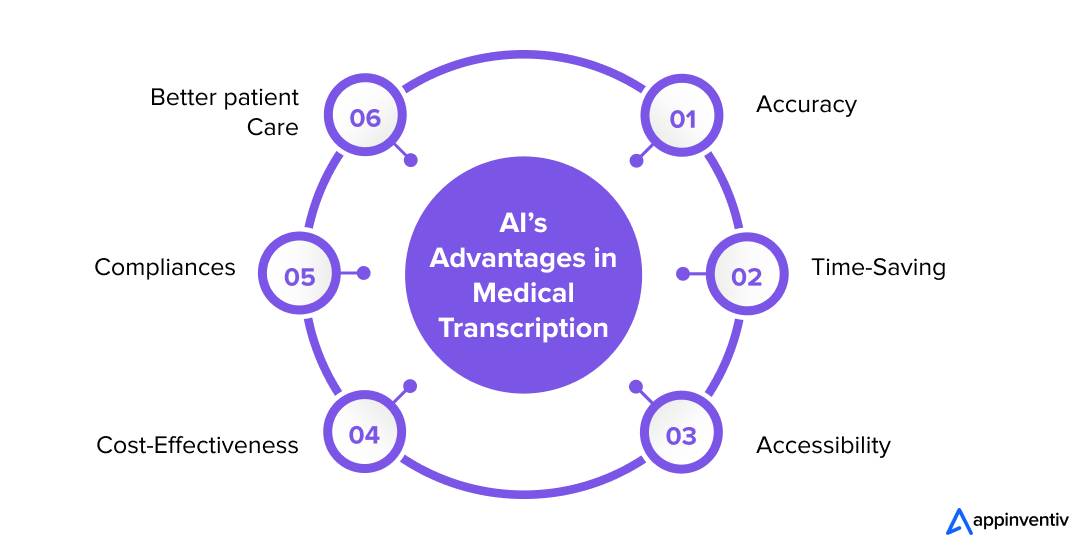
Accuracy at Scale
A minor human error in healthcare transcription can throw water on your entire effort of transcribing medical records. AI flips the script. With AI-driven transcription, the accuracy rate skyrockets, especially when it comes to medical jargon and complex terminologies, maintaining error-free patient records
Time-saving
If time is money, AI for medical transcription helps you save that. By automating and streamlining the healthcare transcription process, physicians can save lots of time manually documenting patient interactions. This means doctors can spend more time on patient care than typing notes.
The American Medical Informatics Association (AMIA) reports that 77% of healthcare professionals end up working late or after hours to keep up with their notes. You can reclaim those hours with AI medical transcription, as it handles your administrative load.
The table below illustrates the time and effort healthcare providers report spending on documentation tasks.
| ALL | Physicians | Nurses | |
|---|---|---|---|
| Agree | 18.03% | 12.5% | 20.3% |
| Not Sure | 8.70% | 5.2% | 8.6% |
| Disagree | 73.26% | 82.2% | 71.1% |
Accessibility
AI in medical transcription does the tedious task of documenting patient interactions in real-time and provides instant access to patient records. It facilitates easy collaboration among healthcare teams and enables quicker decision-making.
Cost-effectiveness
Transcription services come with a hefty price tag, but AI eliminates this cost in the long run. Even if AI medical transcription software development cost seems a little heavier to your pocket initially, the return it pays (fewer errors, faster results, and lower operational costs) far outweighs the initial investment.
Compliance
Adhering to complex healthcare regulations is a real pain. However, modern artificial intelligence transcription tools integrate features like data encryption, secure data storage, and automatic logging that ensure adherence to HIPAA, GDPR, and other regulations, maintaining patient confidentiality and data security.
Better Patient Care
Doctors who are not overloaded with paperwork can do what they do best— patient care. Faster documentation also means quicker diagnosis, fewer mistakes, more time for face-to-face interaction, and better care. Isn’t it something your healthcare business should opt for instantly?
According to the latest AMIA survey, 74% of healthcare professionals confirm that manual documentation impedes efficient patient care.
Let Appinventiv Help You Leverage AI for Medical Transcription
The healthcare transcription industry has come a long way. What once relied on manual transcription in 1600 BC has evolved from dictation software to today’s AI medical transcription software.
Integrating AI in medical transcription is a revolutionary step that automates documentation, saves time, and improves accuracy. With no ifs and buts, AI is the future of medical transcription apps, creating endless opportunities for businesses to cash in on the healthcare market.
So, if at any point in time, you have an idea for AI medical transcription software development, now is the right time to outsource AI software development service from a reputed firm like Appinventiv.
With a proven track record of delivering 3000+ successful products for many reputed brands, including YouComm, Soniphi, Health-e-People, and DiabeticU in the medical industry, we can help you develop AI-based medical transcription software.
Whether you are a passionate healthcare service provider, a nurse, or an aspiring entrepreneur looking to build revolutionary healthcare software, we can be your trusted tech partner. Our skilled team of 1600+ tech nerds will help turn your innovative vision into a groundbreaking reality, taking your business to greater heights.
The artificial intelligence transcription software we build has all the essential features and an intuitive user experience that catches the eyes and delights the senses.
Partner with us to embark on your journey to AI medical transcription software development.
FAQs
Q. What is medical transcription?
A. Medical transcription is the process of converting voice-recorded medical reports into written text. This ensures a precise, accessible record of patient interactions, diagnoses, and treatments.
Q. What are some must-have features of medical transcription software solutions?
A. Key features for effective AI medical transcription software include:
- Advanced Speech Recognition: This feature supports real-time transcription with high accuracy, especially for complex medical terminology.
- Natural Language Processing (NLP): It enables the AI to understand context, abbreviations, and nuances in medical language.
- Data Security and Compliance: Built-in measures to meet HIPAA and other data protection standards, ensuring patient confidentiality.
- Integration with EHR/EMR Systems: Compatibility with EHR and EMR systems for seamless record-keeping and data transfer.
- Customization and Editing Tools: This feature allows healthcare professionals to edit and format transcriptions as needed.
- Multilingual and Accent Adaptation: Recognizes and accurately transcribes diverse accents and languages, supporting a wider user base.
- Error Detection and Correction: Automated error identification to maintain high transcription accuracy.
Q. What challenges should be considered for AI medical transcription software development?
A. When developing and implementing medical transcription AI, key considerations include:
- The integration with the existing system
- Accuracy and reliability of the software
- User resistance to change
- Compliances with regulatory requirements
- Accents and speech variations


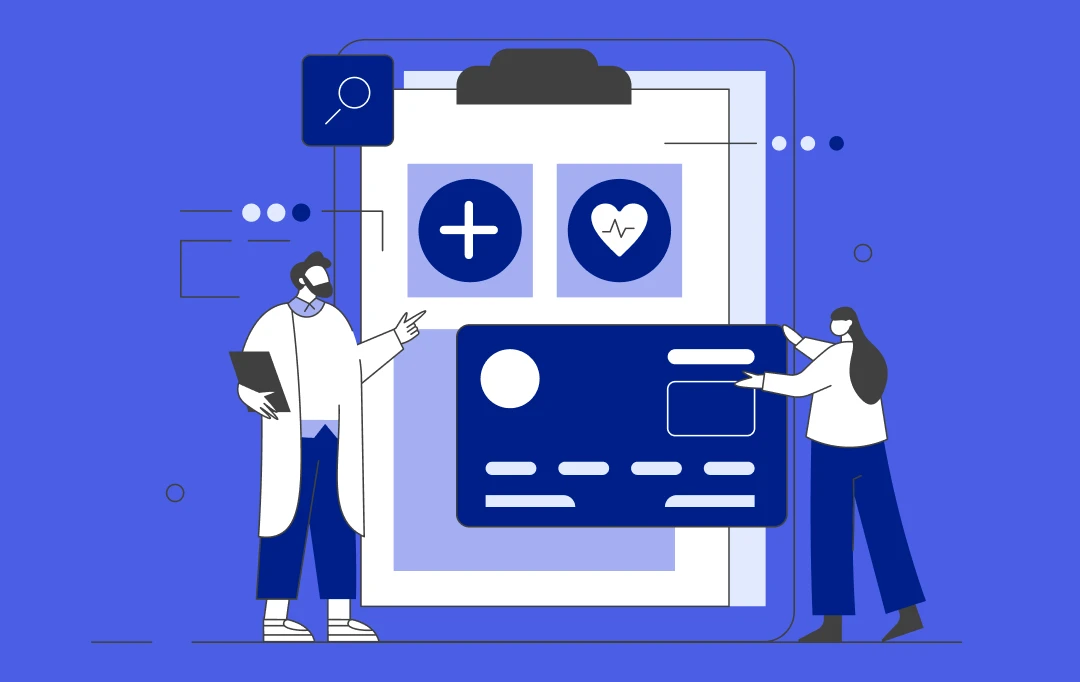
10 Ways AI is Transforming the Healthcare Sector in Australia
Key takeaways: Generative AI could add $13 billion annually to Australia’s healthcare sector by 2030. AI is already transforming operations across diagnostics, admin tasks, and patient care. Healthcare in remote areas is improving with AI-powered virtual assistants and monitoring tools. AI can help address workforce shortages by automating routine tasks and supporting clinical decisions. Major…
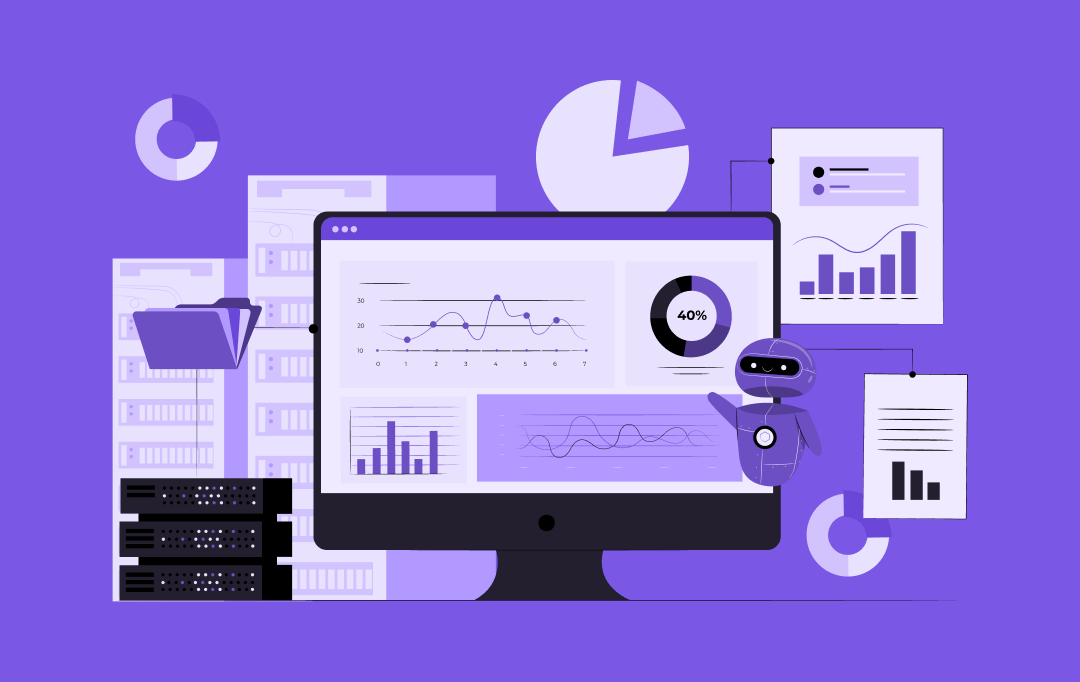
Exploring the Power of AI in Creating Dynamic & Interactive Data Visualizations
Key takeaways: AI transforms data visualization by providing automated insights, interactive dashboards, and NLP, thereby tackling revenue loss and improving data quality. Key features include predictive analytics, real-time data integration, and user-friendly visualizations, enabling faster and more informed decisions. Top 2025 tools, such as Tableau, Power BI, and Julius AI, offer NLP and real-time analytics…
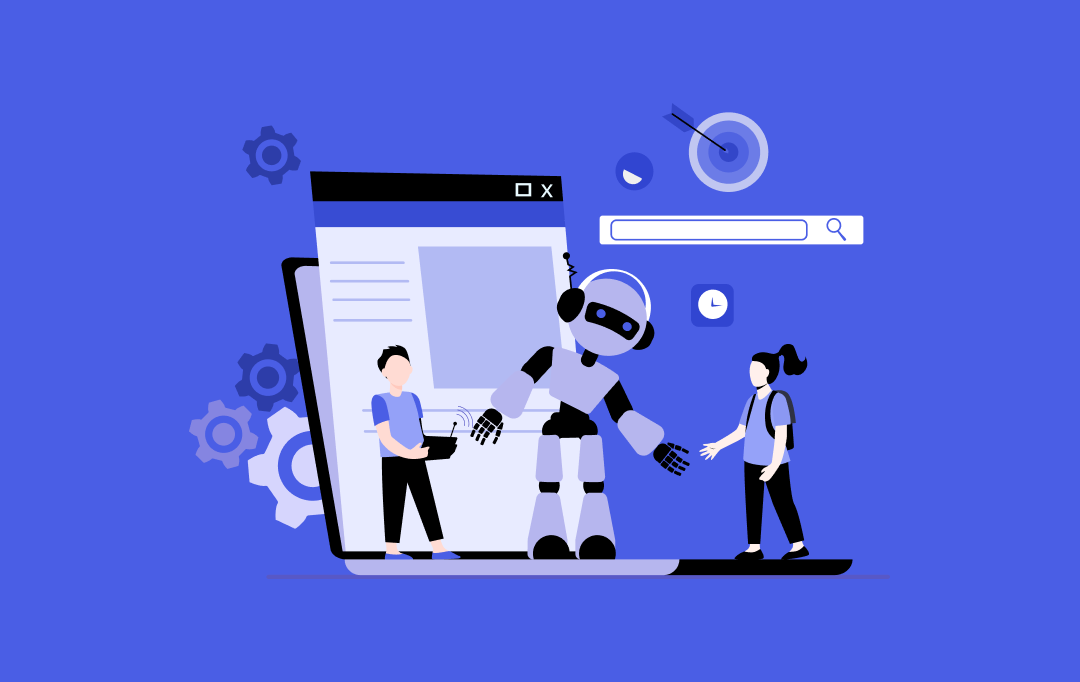
Practical Applications of AI as a Service for Your Business
Key takeaways: AIaaS enables fast, infrastructure-free AI adoption. Used across industries for automation and insights. Real-world examples show proven business impact. Pilot-first approach ensures smooth implementation. Key challenges include data, cost, and scaling. Trends include ethical AI, edge, and SME growth Imagine being able to cut down your operational costs while simultaneously improving decision-making and…






